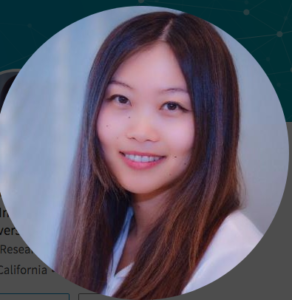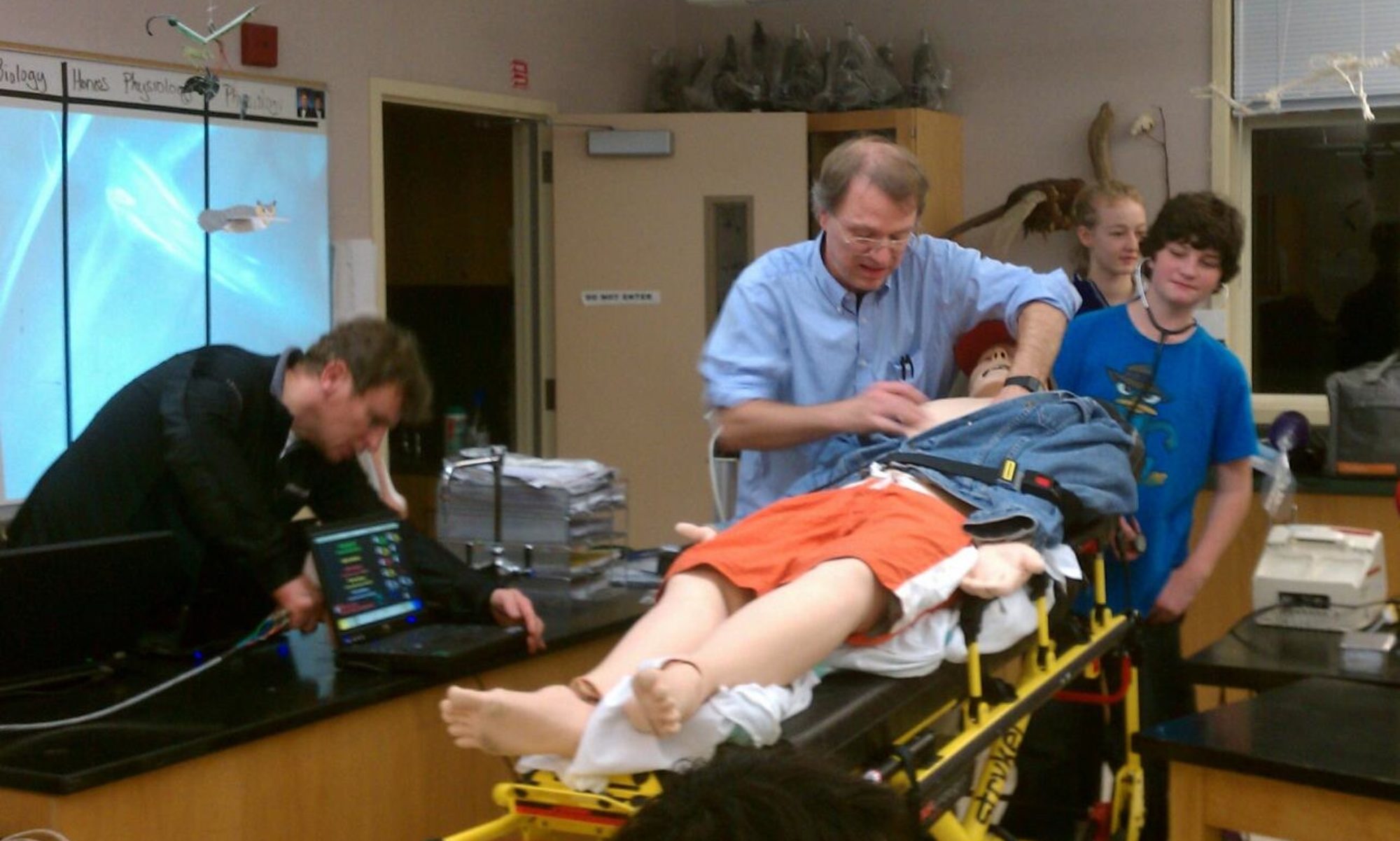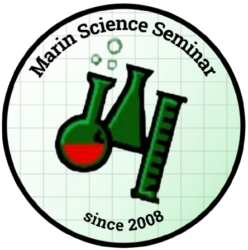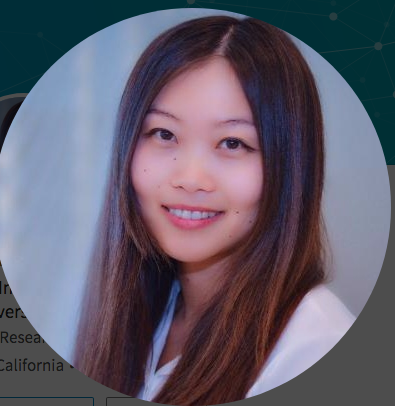by Shoshana Harlem, Terra Linda High School
 The worm is another animal model commonly used by scientists to study aging. We can measure the health of worms by measuring how fast they can move. The movement decreases during aging. But when we fed worms ibuprofen, we found that ibuprofen can make old worms move faster. This made us think that ibuprofen might extend healthspan.
The worm is another animal model commonly used by scientists to study aging. We can measure the health of worms by measuring how fast they can move. The movement decreases during aging. But when we fed worms ibuprofen, we found that ibuprofen can make old worms move faster. This made us think that ibuprofen might extend healthspan.
 Dr. Chong He works at the Buck Institute in Novato. She received a PhD in Chemistry at Peking University. She studies the lifespan of worms and yeasts and solutions in how to improve their lifespan. One of her most recent discoveries was that ibuprofen can help yeasts and worms live a longer life.
Dr. Chong He works at the Buck Institute in Novato. She received a PhD in Chemistry at Peking University. She studies the lifespan of worms and yeasts and solutions in how to improve their lifespan. One of her most recent discoveries was that ibuprofen can help yeasts and worms live a longer life.
1. What made you want to study diseases and medicine?
My parents are medical doctors. My mom specializes in internal medicine and my dad is a surgeon. Growing up in a medical doctor environment, I became very interested in how the human body works. And that’s why I decided to study medicine and aging.
2. What are the best parts of your job?
The best part of my job is that I can get to find answers to questions that no one else in the world knows how to solve. I get to be the first one in the world who can make discoveries to prove my hypothesis. This makes me feel very special.
3. What are the worst parts of your job?
There are more failures than successes in scientific research.
One of my aging animal models is yeast. When I gave yeast ibuprofen, it seems that ibuprofen makes the yeast uptake less nutrition, such as tryptophan, which is an amino acid that can help our body to make more protein. Even though our body needs tryptophan, too much might not be beneficial for longevity.
5. How can life be extended?
 The worm is another animal model commonly used by scientists to study aging. We can measure the health of worms by measuring how fast they can move. The movement decreases during aging. But when we fed worms ibuprofen, we found that ibuprofen can make old worms move faster. This made us think that ibuprofen might extend healthspan.
The worm is another animal model commonly used by scientists to study aging. We can measure the health of worms by measuring how fast they can move. The movement decreases during aging. But when we fed worms ibuprofen, we found that ibuprofen can make old worms move faster. This made us think that ibuprofen might extend healthspan.Want to learn more about Dr. Chong He and aging? Join us on Wednesday, January 31, 2018 at Terra Linda High School from 7:30 PM – 8:30 PM in Room 207!
http://marinscienceseminar.com/speakers/che.html
http://marinscienceseminar.com/speakers/che.html
Learn more at https://www.buckinstitute.org/.



